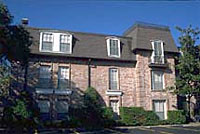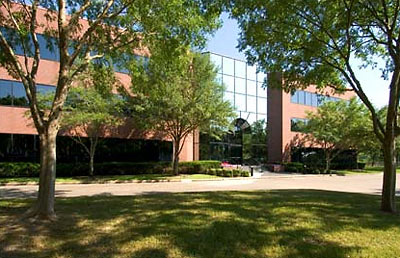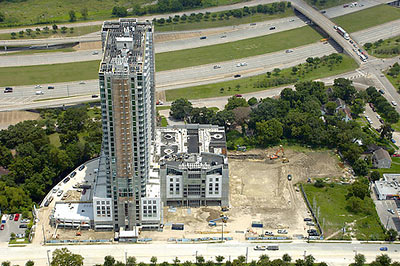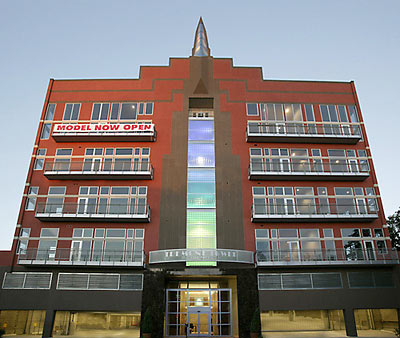Some individual investors who’ve been using IRA money to invest in mortgages have been cheering as foreclosures have become more common, reports the Wall Street Journal:
No one tracks IRA loan defaults, but experienced individual lenders say it has happened rarely — though they are bracing for an uptick, given the shaky state of the housing market in many areas.
“You don’t want them to pay you,” says Charlie Adams, a Houston investor who has made about 20 mortgage loans through his and his mother’s IRAs in the past 10 years, typically charging 15% interest for one-year loans. “What’s the worst thing that can happen — you wind up owning a house at 70% of its cost?” He lends no more than 70% of a property’s value and charges interest-only payments. More conservative lenders will go no higher than 50%.
With the one foreclosure he’s done, his mother had lent $40,000 to a renovator to refurbish a house worth $85,000. The borrower made 12 months of interest payments, then stopped, and did not make the balloon payment due. Mr. Adams foreclosed on the house, his mother’s IRA spent $14,000 to finish fixing it up, and they sold it in three months for $85,000, he says, adding that he helped his mother’s IRA increase in value to $140,000 from $50,000 in five years.
Great, but you’ll need to make sure you have enough IRA money in reserve to handle this kind of “good fortune”:
For investors, one risk in foreclosing on a house is racking up so many expenses — from legal fees to repair bills — that the IRA runs out of money. If that happens, the IRA owner faces a difficult choice: Get a loan, or close out your IRA and pay any taxes or penalties.
Using a self-directed IRA to fund mortgage or real estate investments can make sense: for a lot of people, an IRA is the largest pool of money available. Self-directed individual-retirement-account companies Entrust, Pensco Trust, and Guidant Financial have seen a dramatic increase in real-estate lending activity within their IRAs, the article reports.







